As the old adage goes, hindsight is always 20/20, and that was certainly the case when Apple Records rejected an up-and-coming British rockstar from their label. The decision came about in the late 1960s after the musician released a relatively unsuccessful eponymous debut on Deram Records, a sublabel of Decca. Decca kicked the artist off its roster.
Videos by American Songwriter
At the height of the Beatles’ fame in 1968, their label, Apple Records, seemed like an appealing option for the newly independent musician. (Seemed being the operative word.)
Apple Records Rejected This British Rockstar In 1968
While the Beatles were coasting on the apex of their stardom, moving ever closer toward their breakup and subsequent solo careers, a new British artist was cutting his teeth and trying to make a name for himself: David Bowie. With one foot in folk-rock and the other in Baroque pop, Bowie’s eponymous 1967 debut was a well-intentioned but commercially unsuccessful flop. Poor record sales (and Bowie’s greatest advocate leaving Decca Records) led to the up-and-coming artist being dropped from his first label. Apple Records was an appealing next try.
Kenneth Pitt, Bowie’s manager at the time, recalled in his memoir that it was Bowie, not he, who wanted to pursue Apple. Pitt called the label a “deplorable organization” with “sheer amateurism and downright rudeness,” largely due to the three-month runaround the label gave Bowie while the future Ziggy Stardust waited for a response. “It took me some considerable time to make contact with [Peter Asher, head of A&R at Apple Records],” Pitt recalled in his memoir, Bowie: The Pitt Report (via Far Out Magazine). “When I did, he told me that the label was not interested.”
“On July 15, he wrote, ‘As we told you on the phone, Apple Records is not interested in signing David Bowie. The reason is that we don’t feel he’s what we’re looking for at the moment. Thank you for your time,’” Pitt wrote. “Peter Asher couldn’t spare any of his own time to personally sign the terse letter.”
History Tends To Repeat Itself
Despite Kenneth Pitt’s understandable defensiveness over his client, to Peter Asher’s credit, David Bowie was still finding his creative footing when he released his debut album in 1967. After landing a deal with Philips Records, Bowie released a second eponymous album in 1969, which would prove far more successful. With its iconic opening track, “Space Oddity,” Bowie’s sophomore release proved more indicative of the monumental musical career that was to come (and that Apple rejected).
Interestingly, Bowie’s tumultuous time in the industry in the late 1960s gave him a common thread with which he could connect himself to the Beatles. The record label that gave Bowie his first deal, Decca Records, had previously rejected the Beatles in 1962. Decca executive Dick Rowe famously passed on the Liverpudlian quartet because “guitar groups are on the way out.” Of course, music history would show just how wrong he was.
Similarly, Bowie’s career proved to be a pivotal cornerstone of British rock ‘n’ roll history, comparable to the Beatles. But without that early rejection, who knows how his artistic voice would have developed. All’s well that ends well, so they say.
Photo by Daniel Lynch/Shutterstock



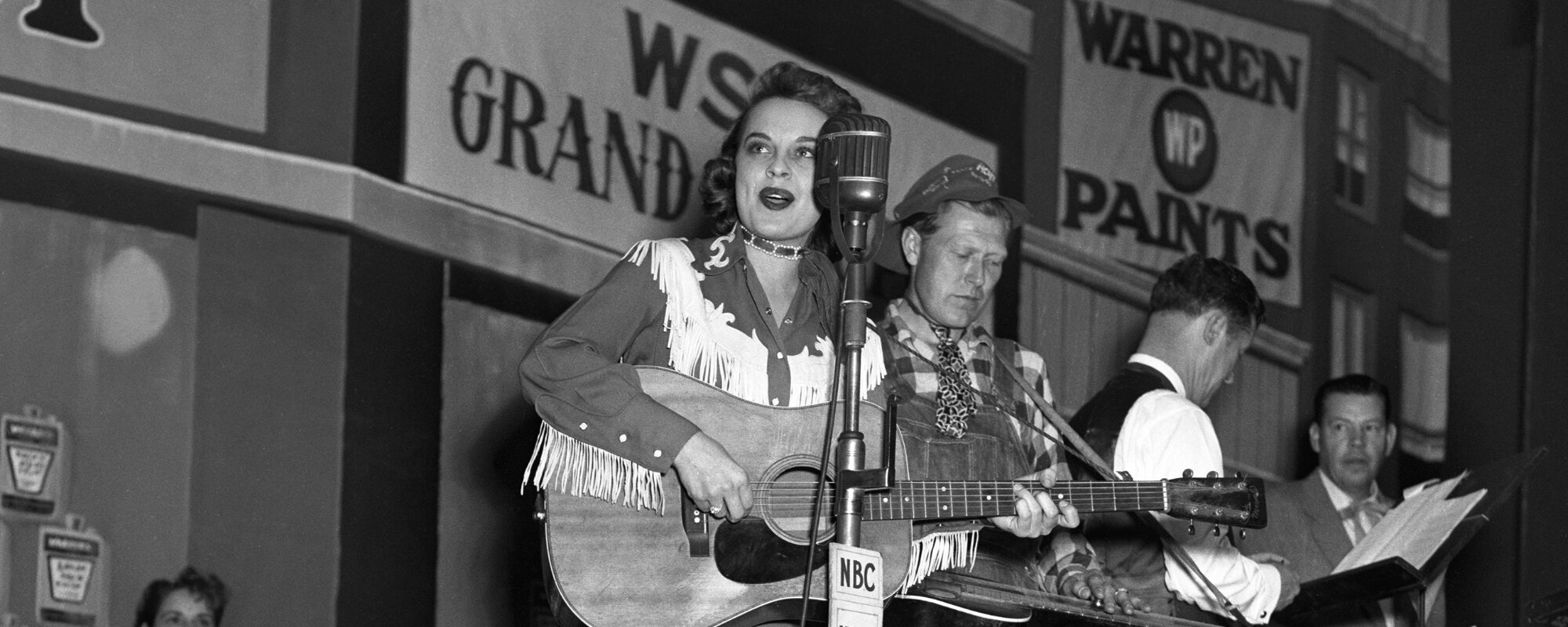
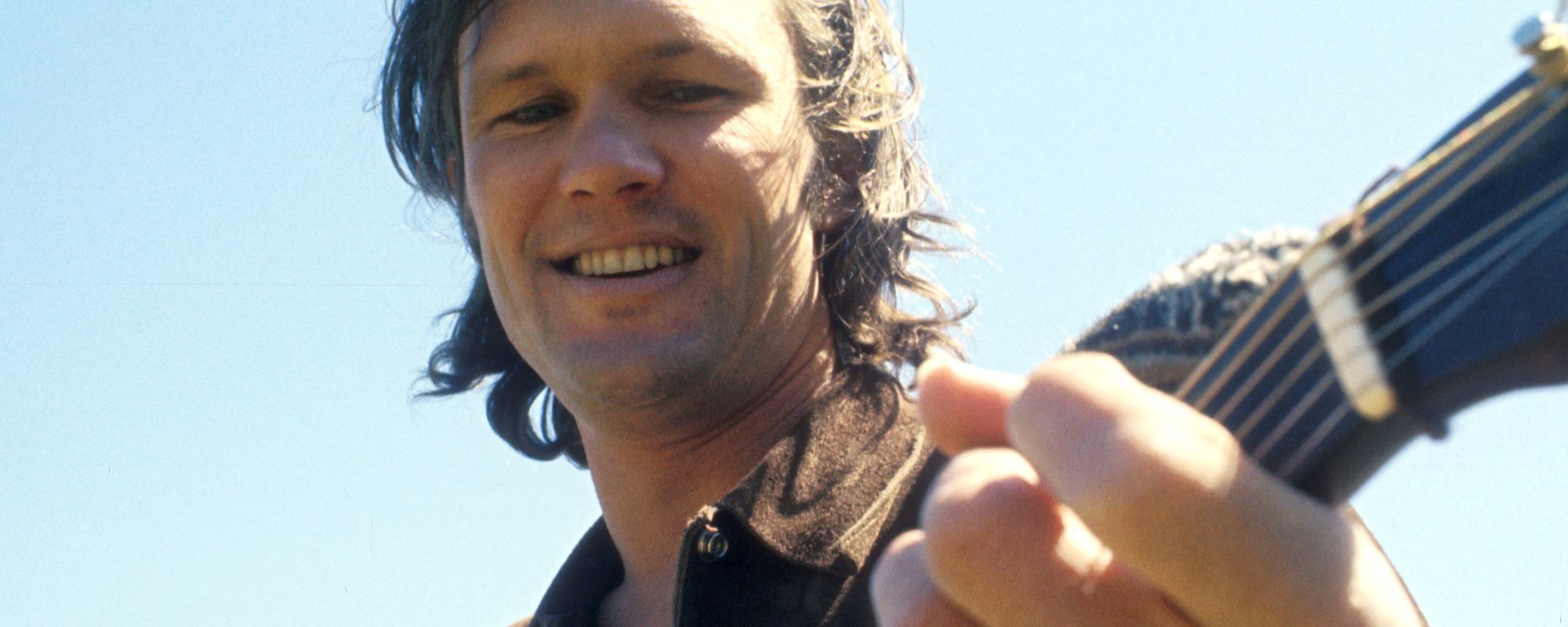
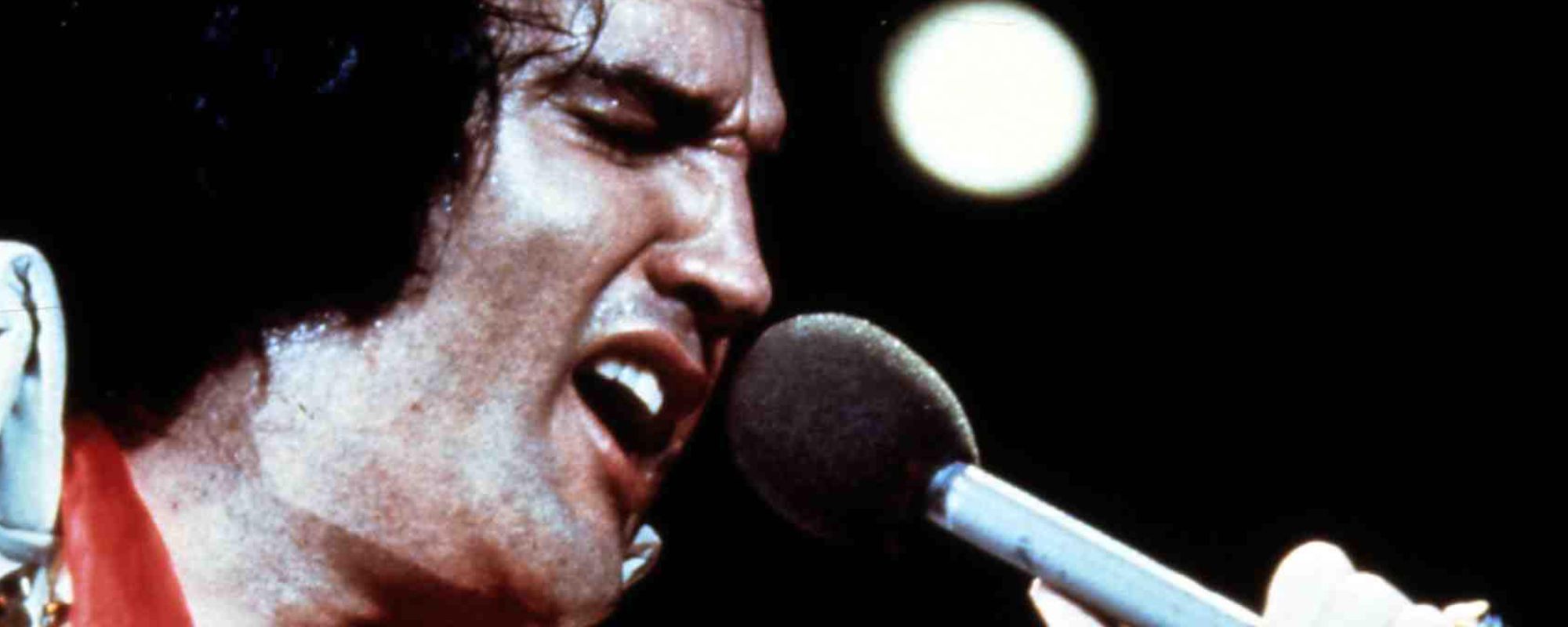
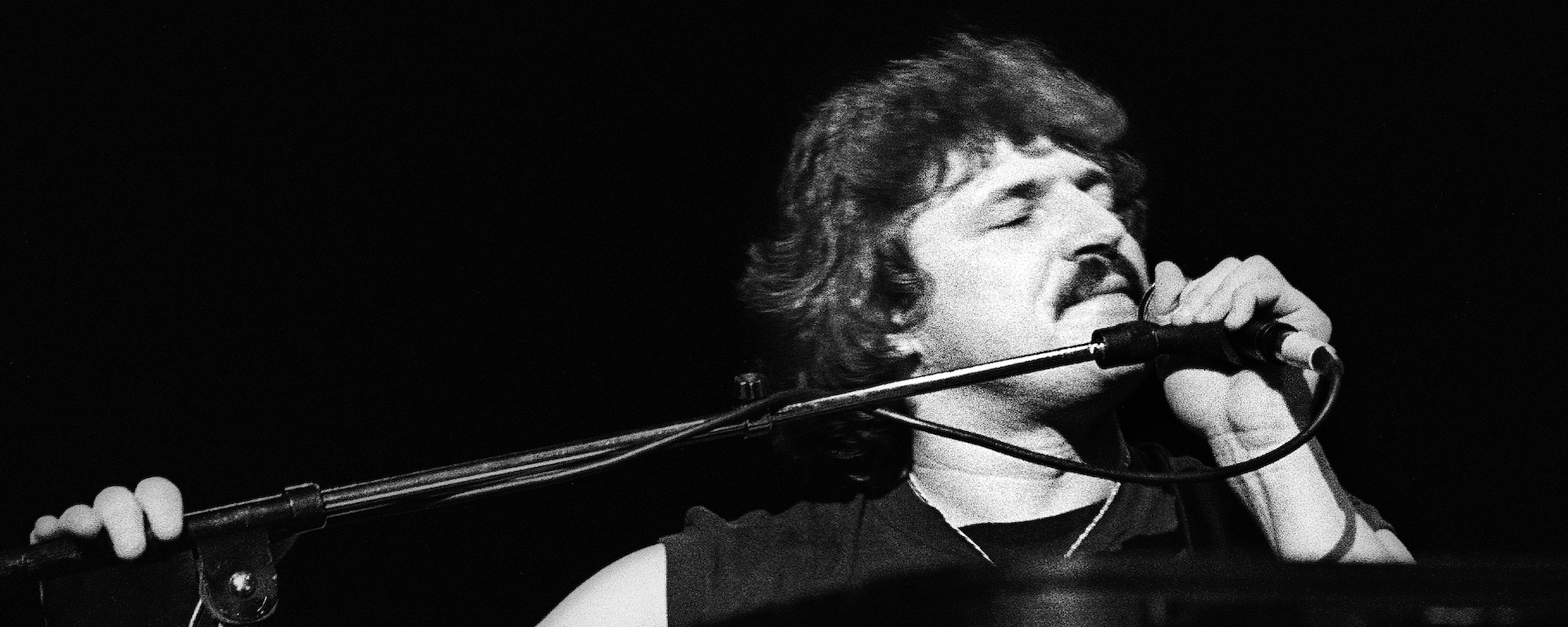

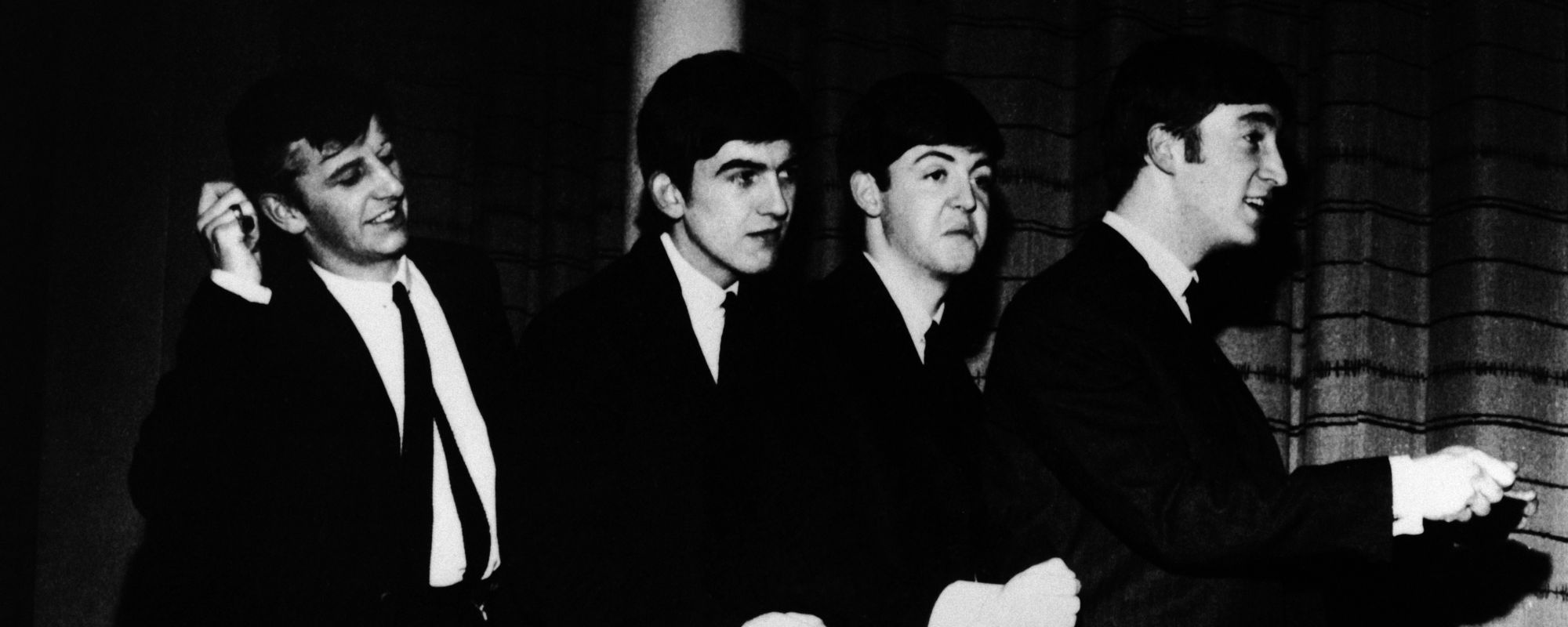


Leave a Reply
Only members can comment. Become a member. Already a member? Log in.